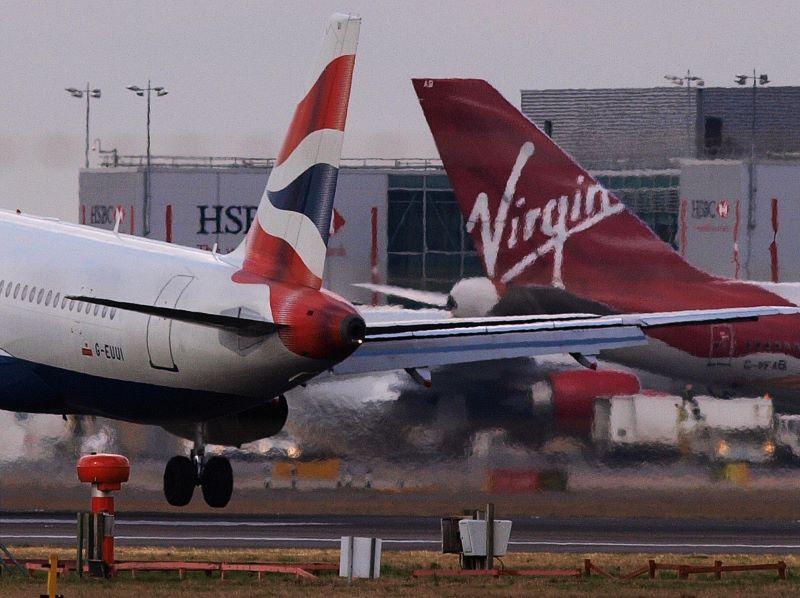
Credit: MAX NASH / AFP / Getty Images
LONDON—Climate-change charity Possible has complained to the Organization for Economic Cooperation and Development (OECD), raising objections to sustainability claims made by UK carriers British Airways (BA) and Virgin Atlantic. According to Possible, both airlines have widely communicated net-zero...
Subscription Required
Eco-Complaints Lodged Against British Airways, Virgin Atlantic is published in Aviation Daily, an Aviation Week Intelligence Network (AWIN) Market Briefing and is included with your AWIN membership.
Already a member of AWIN or subscribe to Aviation Daily through your company? Login with your existing email and password
Not a member? Learn how to access the market intelligence and data you need to stay abreast of what's happening in the air transport community.





